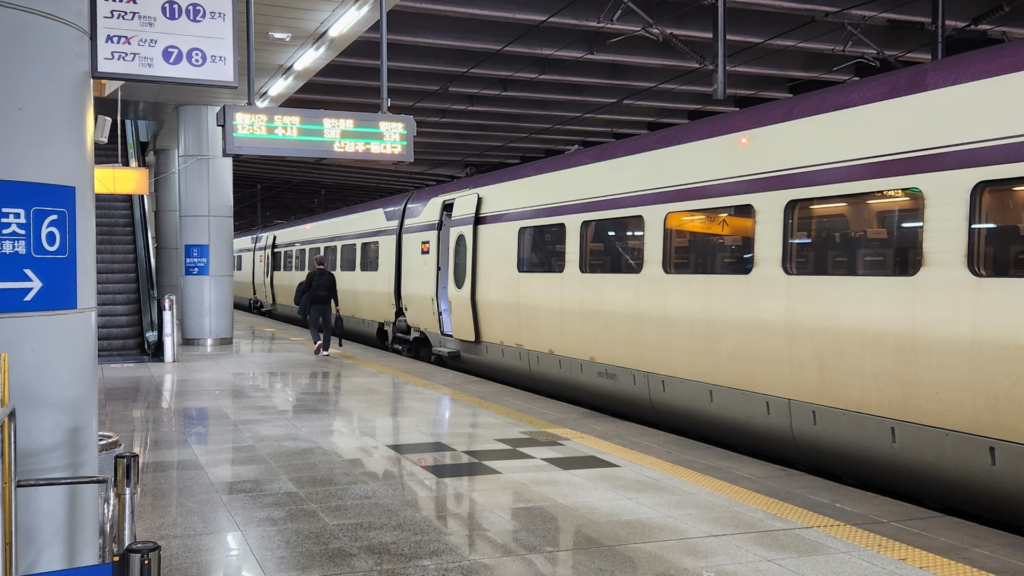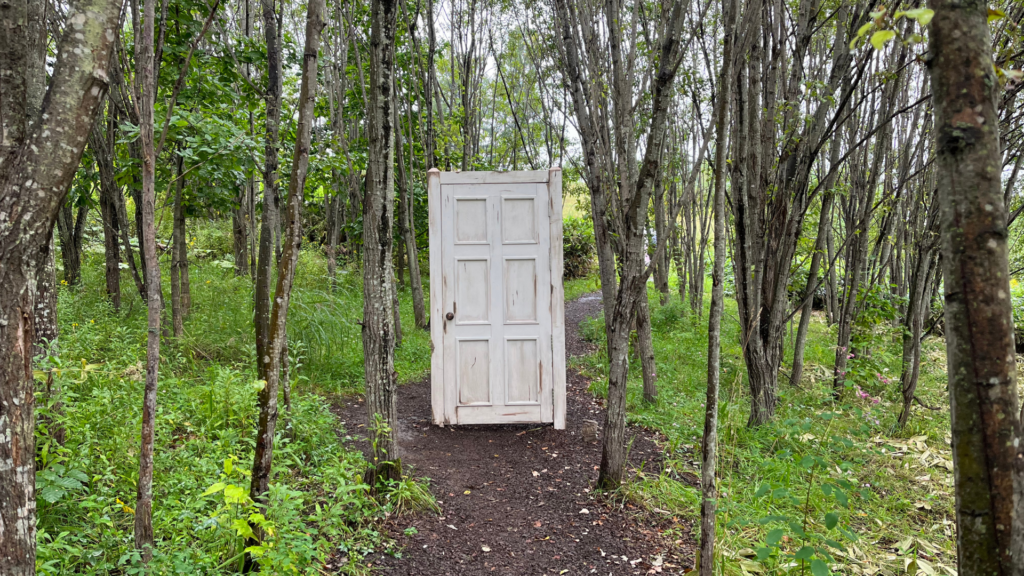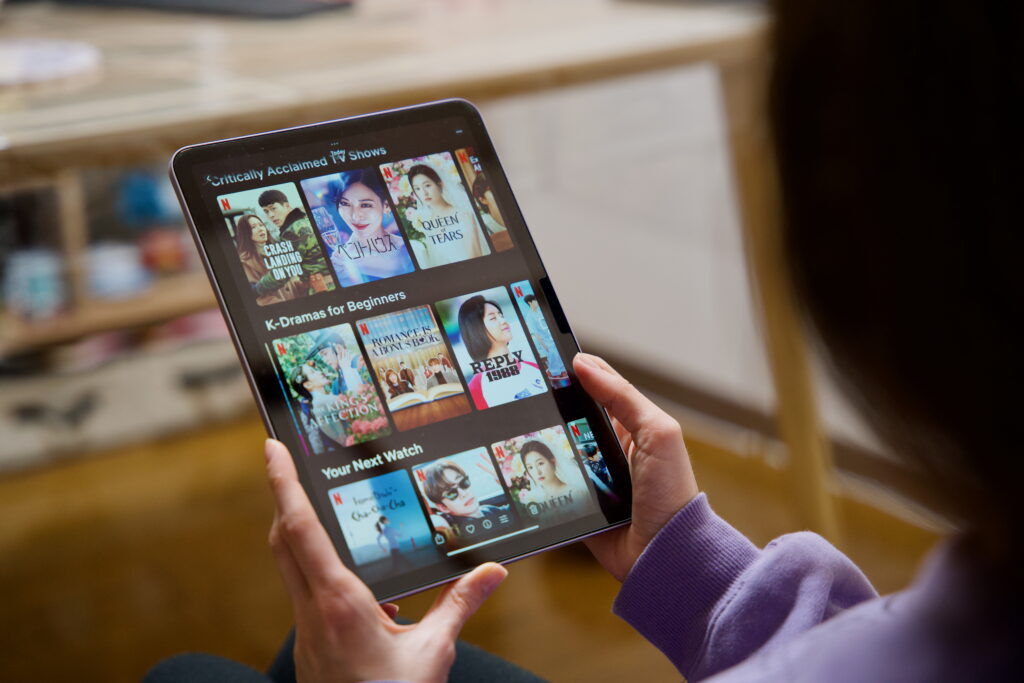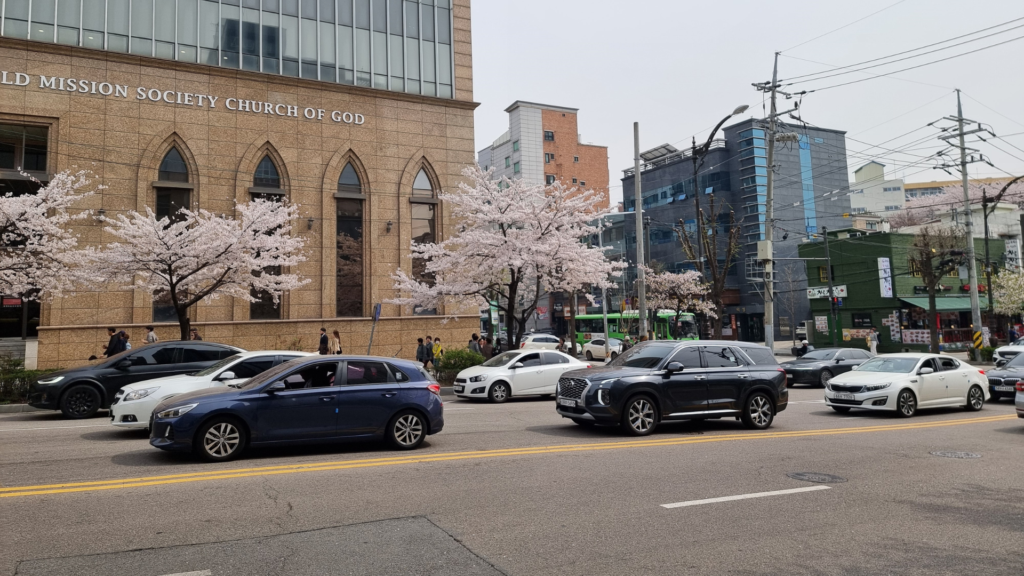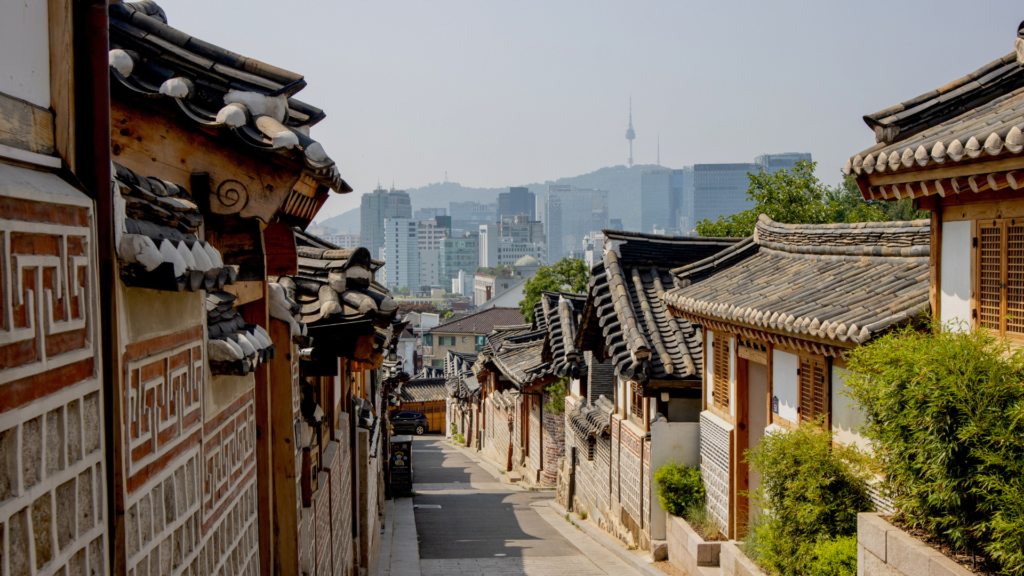Latest update: February 20, 2025
Getting around in big cities such as Seoul and Busan is very easy thanks to the efficient subway systems. However, traveling around Korea by train and bus can be a bit confusing. So let’s break down Korea’s public transportation in this article!
Korea’s public transportation – Trains
Korea’s train network is operated by KORAIL. Traveling by train is the best option for long-distance travel. They are clean, comfortable, and punctual. They also offer several different ticket discounts.
1. Train lines and train types
The first thing you need to understand about Korea’s public transportation is the train lines and types.
The major railway line is the Gyeongbu-line (경부선), which starts at Seoul Station and connects to the largest cities such as Busan. The second is the Honam-line (호남선), which starts at Yongsan Station, branches off the Gyeongbu-line at Daejeon, and ends at Gwangju or Mokpo. Except for Jeju Island, there are many railway lines in Korea.
The Korea Train eXpress (KTX) is Korea’s high-speed rail system. Taking the KTX is surprisingly affordable, especially with all the discounts for group travel, and children, and when booking in advance. KTX routes operate on 5 different lines: Gyeongbu, Honam, Gyeongjeon, Jeolla, and Gangneung.
The Intercity Train eXpress-Saemaeul (ITX) is a type of train operating on the Gyeongbu, Honam, and Gyeongjeon lines; this train runs in place of regular Saemaeul trains, running at a slightly faster speed.
The Mugunghwa Trains are the oldest and most common passenger train in Korea. It stops at the smaller stations that the KTX or ITX-Saemaeul trains bypass.
The Super Rapid Train (SRT), operates on the Gyeongbu and Honam-line from Suseo Station.
While Korea’s public transportation (trains) might sound complicated, it can be easier to understand by searching these lines in the mobile app, Naver map, so you can see all the stops along the way and plan your trip beforehand.
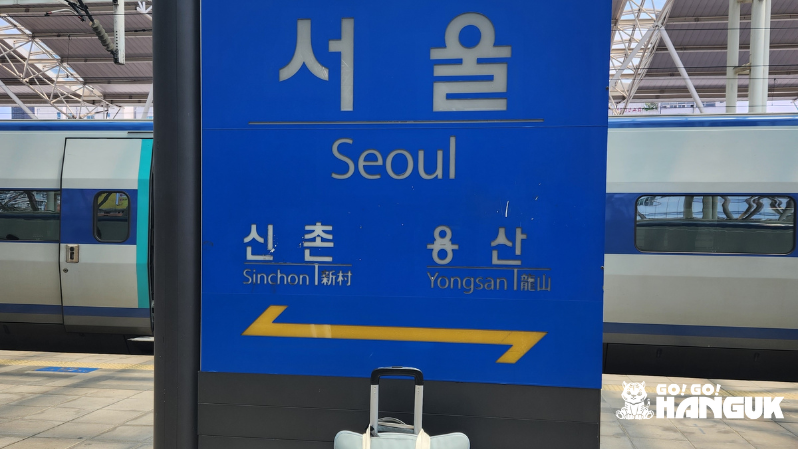
2. Train tickets and prices on Korea’s public transportation
The good thing about Korea’s public transportation is that is it really made convenient and accessible to the public. KTX, Mugunghwa, and Saemaeul train tickets can be purchased online (via the KORAIL website), at ticket vending machines, or at the ticket counters. Make sure to reserve tickets ahead of time if you plan to travel during the holidays. Some popular routes can sell out quickly, right before a major holiday.
Prices really vary depending on the train type, destination, and discounts. See the KORAIL website for the fares and schedules. Their app KorailTalk works well in Korean.
If you plan on traveling a lot within Korea you might want to look into getting a Korail Pass as well.
Korea’s public transportation – Buses
The express and intercity buses are cheap, operate on a timely schedule, and have a large number of bus routes connecting most of the country. Express buses on Korea’s public transportation system are often well-air-conditioned and provide comfortable seating.

3. Express buses
The Express buses run on expressways and may stop at a rest area for a toilet break. Different prices apply for the ilban (일반, standard) and the udeung (우등, luxury) buses which have wider seats.
4. Intercity buses
Intercity buses usually make stopovers in smaller cities while on the way from one region to another region. But some intercity buses also go direct. In Seoul and some other cities, the express and intercity bus terminals are located far from each other. So it’s best to double-check your boarding location.
5. Bus tickets and prices in Korea
Similar to train tickets, you can easily buy bus tickets on the spot at major bus terminals such as Seoul Express Bus Terminal (고속버스터미널) or Dong Seoul Bus Terminal (동서울종합터미널). If you know basic Korean, you could also try booking on the apps, Intercity Bus T-money (시외버스 티머니) and Express Bus T-money (고속버스 티머니).
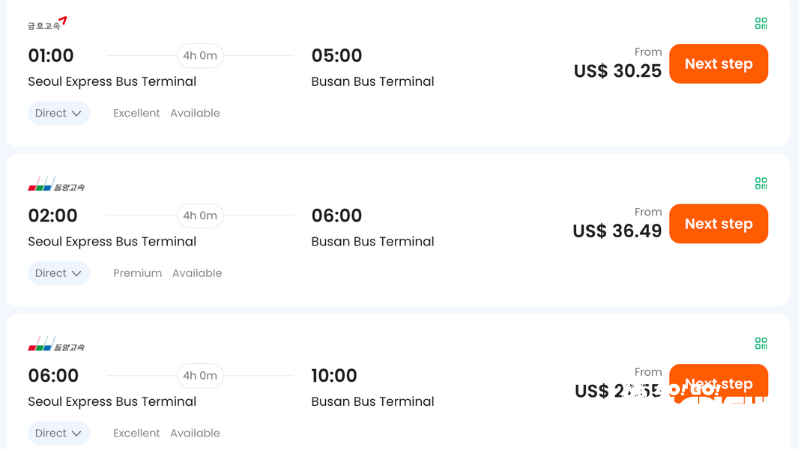
6. Planning your route – from Seoul to Busan
The price depends on your destination, departure date/time, discounts, and the bus class (standard or luxury). As an example, let’s compare a one-way adult ticket from Seoul to Busan on a random Wednesday. Going to Busan by bus takes around 4.5 hours and could cost around 33,000 won. Riding the KTX train to Busan takes around 2.75 hours and is usually double the price, in this case, 59,000 won.
The easiest way to plan your route is by using the Korean application Naver Map. It helps you find different routes to your desired destination and tells you the fare cost and other details. Read more about all the apps you need while in Korea.
These are the 6 things about Korea’s public transportation system you need to know if you’re traveling in Korea! For more content about Korea, follow the Go! Go! Hanguk blog, and be sure to contact us about living and studying in Korea!
